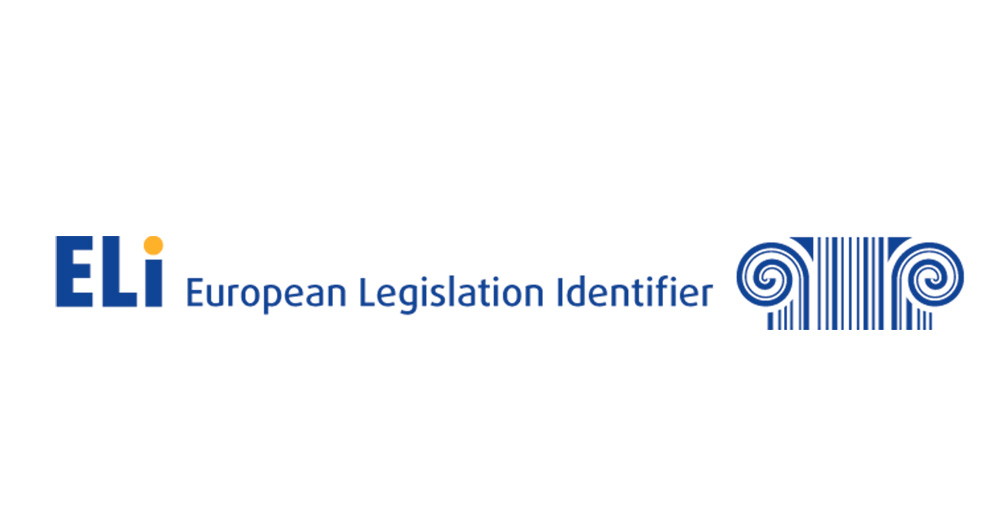10 posts found
DCAT-AP-ES: A step forward in open data interoperability
Context and need for an update
Data is a key resource in the digital transformation of public administrations. Ensuring its access, interoperability and reuse is fundamental to improve transparency, foster innovation and enable the development of efficient public services centered on citizens.
In th…
How to build a citizen science initiative considering open data from the start
Citizen participation in the collection of scientific data promotes a more democratic science, by involving society in R+D+i processes and reinforcing accountability. In this sense, there are a variety of citizen science initiatives launched by entities such as CSIC, CENEAM or CREAF, among oth…
HealthDCAT-AP: The Standard That Connects Health Data to People
Data is the engine of innovation, and its transformative potential is reflected in all areas, especially in health. From faster diagnoses to personalized treatments to more effective public policies, the intelligent use of health information has the power to change lives in profound and meaningful w…
New Year's resolution: Apply the UNE data specifications in your organisation
As tradition dictates, the end of the year is a good time to reflect on our goals and objectives for the new phase that begins after the chimes. In data, the start of a new year also provides opportunities to chart an interoperable and digital future that will enable the development of a robust data…
Application of the UNE 0081:2023 Specification for data quality evaluation
The new UNE 0081 Data Quality Assessment specification, focused on data as a product (datasets or databases), complements the UNE 0079 Data Quality Management specification, which we analyse in this article, and focuses on data quality management processes. Both standards 0079 and 008…
A common language to enable interoperability between open dataset catalogs
Open data plays a relevant role in technological development for many reasons. For example, it is a fundamental component in informed decision making, in process evaluation or even in driving technological innovation. Provided they are of the highest quality, up-to-date and ethically sound, data can…
The data sphere we live in: the interconnected data system
As technology and connectivity have advanced in recent years, we have entered a new era in which data never sleeps and the amount of data circulating is greater than ever. Today, we could say that we live enclosed in a sphere surrounded by data and this has made us more and more dependent on it. On…
European Legislation Identifier (ELI): an opportunity to boost interoperability and reuse of legal texts
Nowadays we can find a great deal of legislative information on the web. Countries, regions and municipalities make their regulatory and legal texts public through various spaces and official bulletins. The use of this information can be of great use in driving improvements in the sector: from facil…
Improving efficiency in the legal sector: LegalTech and data analytics
Digital transformation affects all sectors, from agriculture to tourism and education. Among its objectives is the optimization of processes, the improvement of the customer experience and even the promotion of new business models.
The legal sector is no exception, which is why in recent years…
Factors that define open data impact
The final impact that can be obtained through an open data initiative will ultimately depend on multiple interrelated factors that will be present (or absent) in these initiatives. That is why the GovLab of New York University has analyzed these factors thanks to the study of the several use cases c…









